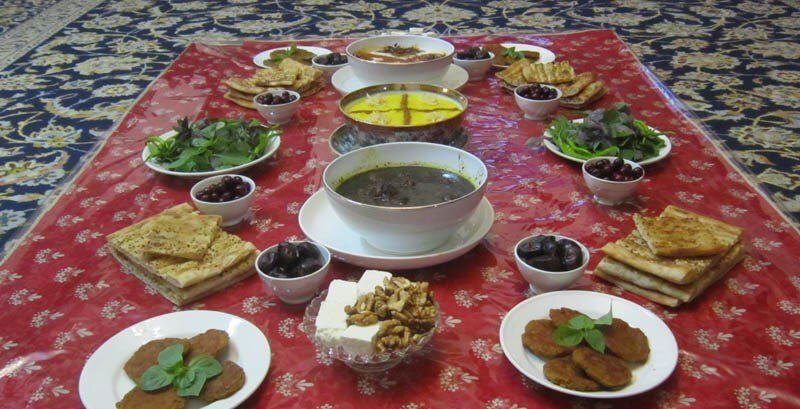This is what Iranian traditional medicine recommends for Ramadan

TEHRAN - Considering its several thousand years of history and its emphasis on improving lifestyle and maintaining health, Iranian traditional medicine has a rich capacity to promote self-care, especially during the holy month of Ramadan.
Following the teachings of this medical school of thought has a significant impact on preventing the occurrence of diseases and improving the health of society.
Nafiseh Hosseini Yekta, the director of the health ministry’s office for Iranian traditional medicine, says there are special measures regarding the modification of eating and drinking habits, based on the temperament of people, the temperament of different types of food, and the right time to eat and drink, that can help reduce the effects of improper nutrition on the body.
It is appropriate to start Iftar with a warm, slightly sweet, light, simple, and easy-to-digest drink, and the best option is to consume dates, honey, figs, or raisins along with a hot drink.
In addition to rapidly increasing blood sugar and eliminating weakness, it does not weaken the function of the stomach and prevents overeating.
One to one and a half hours after breaking the fast is the right time to consume fruit, and drinking natural juices, in addition to reducing the intensity of thirst, is also considered a useful source for providing minerals and vitamins needed by the body.
Consuming dry, sweet, fried and high-fat, starchy, spicy and spicy foods and consuming too much meat, as well as drinking coffee, cocoa, and strong tea, are some of the things that cause thirst and it is better to stay away from Suhoor meal.
Exercising at the peak of hunger is not recommended at all, and to prevent thirst, you should not exercise during hot hours of the day or in hot places.
MG
